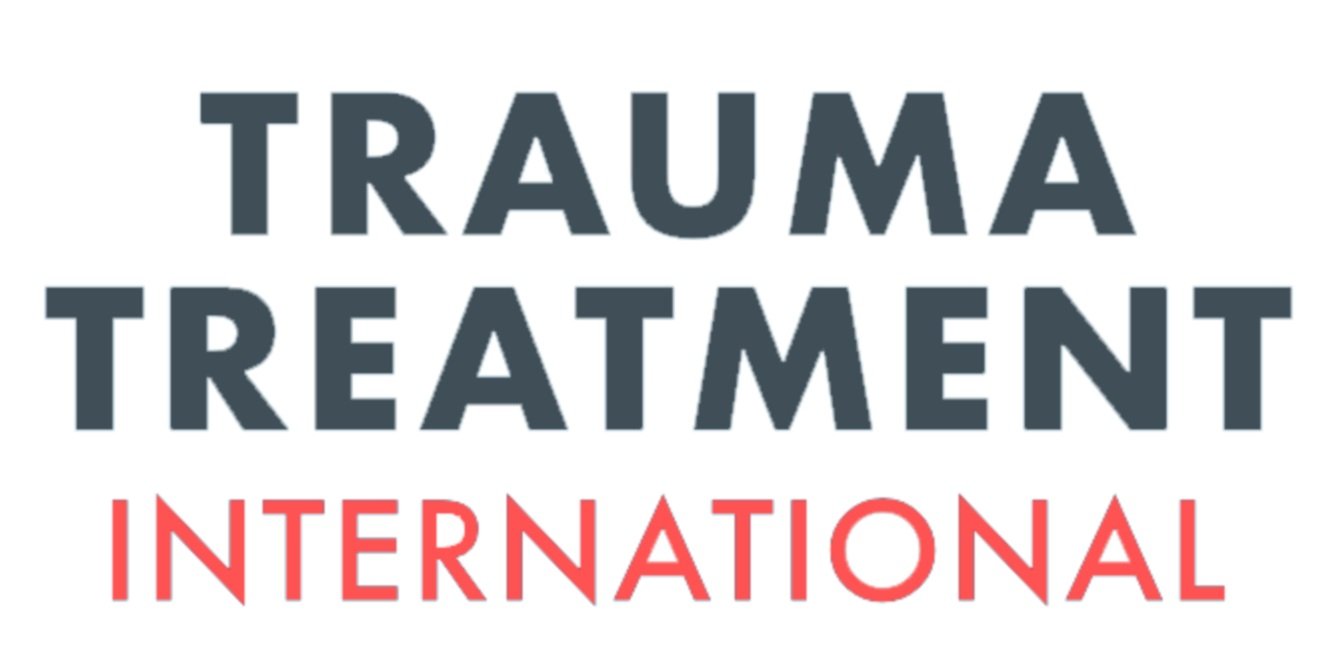Why mental health plans are vital during Covid and beyond
Organisations across all sectors must prioritise the mental health of their workforce in light of the Covid-19 pandemic, says the co-founder of Trauma Treatment International.
Dr Brock Chisholm explains that, while employers have always had a moral duty to look after their staff’s well-being, the current crisis has brought the issue into sharp relief.
Indeed, a recent report from King’s College London into the stress of the pandemic on intensive care staff shows just how badly affected they have been by their experiences.
Out of 709 respondents from six different hospitals across England, almost half reported symptoms consistent with post-traumatic stress disorder (PTSD), severe depression or anxiety, or problem drinking. In addition, around one in seven participants said they had had thoughts of self-harm or had had the feeling that they would be better off dead. The web-based, anonymous survey was carried out last June and July.
Dr Chisholm explains: “People working on the front lines of Covid wards are experiencing much greater stresses than normal. It’s not just the overwhelming workload; it’s the increase in patient deaths and having to communicate that to relatives over the phone.
“There’s also something called moral injury, which happens when an individual witnesses something that goes against their personal moral compass. In this case, it could be that they weren’t able to save a life because there weren’t enough ventilators. This all adds up and can lead to high mental distress.
“In addition, repeated traumatic events over a prolonged period can trigger complex PTSD. This has all the characteristics of PTSD, with additional difficulties in relationships and pervasive feelings of shame, guilt, failure or worthlessness. People with complex PTSD also have trouble controlling intense, overwhelming emotions.”
Dr Chisholm says that it’s not just medical staff who have been struggling with their mental health as a result of the coronavirus. “Having social contact with others is one of the best ways to improve emotional wellbeing or prevent mental health difficulties,” he explains.
“Social distancing and being in lockdown has meant that so we haven’t had the same contact that we’re used to. We can’t stand around the coffee machine and talk to colleagues about our day or go to the pub after work to chat with friends. Online calls just aren’t the same and this is increasing our chances of having anxiety and a low mood.
“We have also got to expect an increase in PTSD as a result of rising domestic violence and emotional abuse in the home. Another factor for lots of people is not being able to say goodbye to a loved one before they died or even go to their funeral. Funerals are so important for facilitating social contact; sharing good memories with each other in a communal setting.”
As a result, organisations that do not currently have mental health plans and procedures in place for their staff must now consider this a priority, says Dr Chisholm.
“Employers must protect the wellbeing of their staff and keep them safe from harm,” he stresses. “A good mental health plan should be individually tailored to take into account the personal circumstances of the employee. Supervisors need to know if they’ve had any significant stressors outside of work, such as a bereavement.
“The plan should also give staff members the chance to speak out if they are experiencing stress; often, people approaching burnout will overcompensate by working harder and for longer. So it can be hard for employers to spot the signs if there isn’t a culture where it’s ok to share.”
Dr Chisholm adds that a simple “thank you” can go a long way when trying to boost mental health in the workplace. Meanwhile, offering time off after stressful events can also make a huge difference. He says: “Giving someone time off and then allowing them a staggered return to work often means that they won’t need to take as much sick leave. So it actually results in them spending more time at work in the long run.”
He adds that it is important for staff to be offered the right level of support at the right time; much of this can come from peers and supervisors. However, counseling should also be offered where needed, as well as access to specialised, evidence-based mental health interventions for those who are depressed or traumatised.
Organisations should also be willing to make structural changes, looking at risk factors for burnout such as low staffing levels, caseload size, and shift length.
Dr Chisholm says: “Sometimes what is needed is a cultural shift so that people know it is OK not to be OK. Staff need to know that they will be supported when they become stressed, so they can take steps to feel better before it becomes a serious concern. For example, a little bit of time off early on can prevent a much longer time away from work later.
“A compassionate understanding of stress and promoting emotional wellbeing, as well as identifying preventative strategies, leads to a happier, more productive workforce. People who feel safe and valued work more productively, have less sick leave, and stay longer in post.”
Trauma Treatment International can help your organisation formulate a bespoke mental health plan for your staff. To learn more, contact info@tt-intl.org.
Written by Claire Owen.
